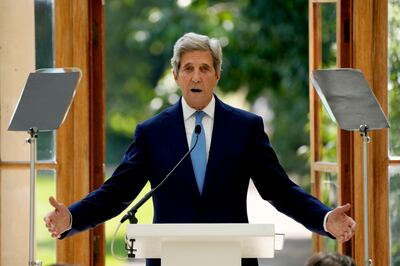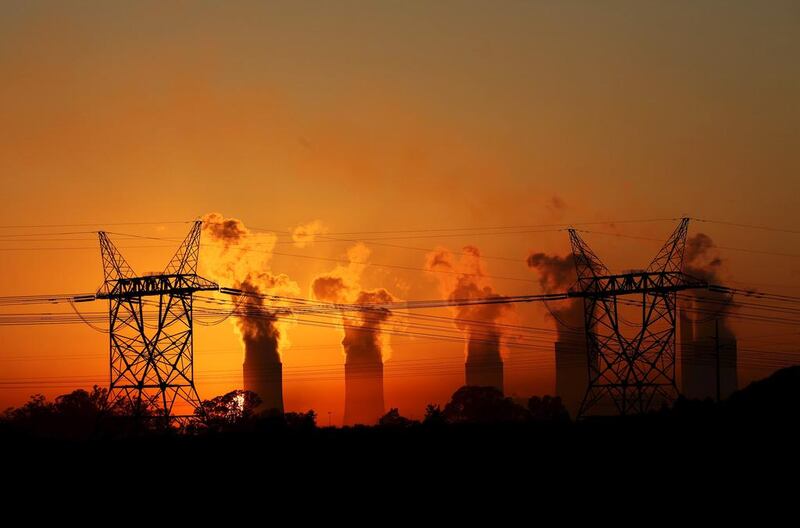Wealthy countries have spent $3.3 trillion subsidising fossil fuels since the Paris climate agreement was signed in 2015, a report has found.
The support from G20 nations raises questions about their efforts to meet the Paris target of limiting global warming to 1.5°C above pre-industrial levels.
The report by Bloomberg’s BNEF research service said some countries including Britain and Germany had cut subsidies since 2015.
But support for fossil fuels increased in the US, Australia and Canada among others.
Progress from the G20 is essential because it accounts for nearly three quarters of global emissions, said Victoria Cuming, the report’s lead author.
“So far, they have yet to step up to the plate,” she said.
The finding came as US climate envoy John Kerry urged the world to take swifter climate action at November’s Cop26 summit in Britain.
As the summit draws closer, the UK is gathering pledges from governments and businesses to reduce their net emissions to zero by 2050.
Britain says it does not provide direct fossil fuel subsidies, but tax breaks for oil and gas producers are counted as support in the BNEF report.
Researchers praised Britain as a leader in phasing out coal, but said the UK had room for improvement in reducing emissions from homes and buildings.
They said that eight G20 countries had expanded fossil fuel support since 2015, which risks “locking in” carbon emissions for decades to come.
Michael Bloomberg, the former New York City mayor and a UN climate envoy, urged G20 nations to take bold action at a summit in Italy this week.
“Our hope is that G20 members take this report to heart,” he said.
Rich nations should “use its recommendations to hit their Paris Agreement targets, and show the world the health and economic benefits of building a resilient, sustainable global economy”.

The UK, EU and US are all lobbying for tougher action before Cop26, with the past week’s flooding in Europe giving new impetus to the push.
But developing countries say the rich world is not providing enough funds to help them tackle the effects of climate change.
A target of $100 billion in annual support to the global south has not been met, according to the UN’s climate agency.
The target is expected to be discussed at this week’s meeting of G20 environment ministers in Italy.
In Europe for the summit, Mr Kerry said US President Joe Biden was committed to ensuring that the target was met.
The president assured Mr Kerry of his “complete, total commitment to helping to make that happen”, the climate envoy said.
Mr Kerry said November’s Cop26 talks were the deadline for making new financial commitments but said that “if we don't have it well before Glasgow, it will affect the Glasgow dynamic”.







